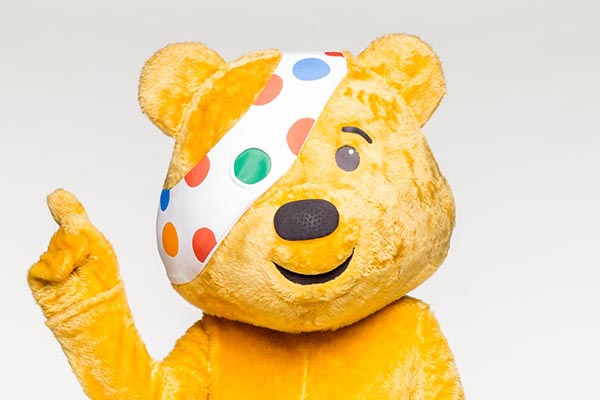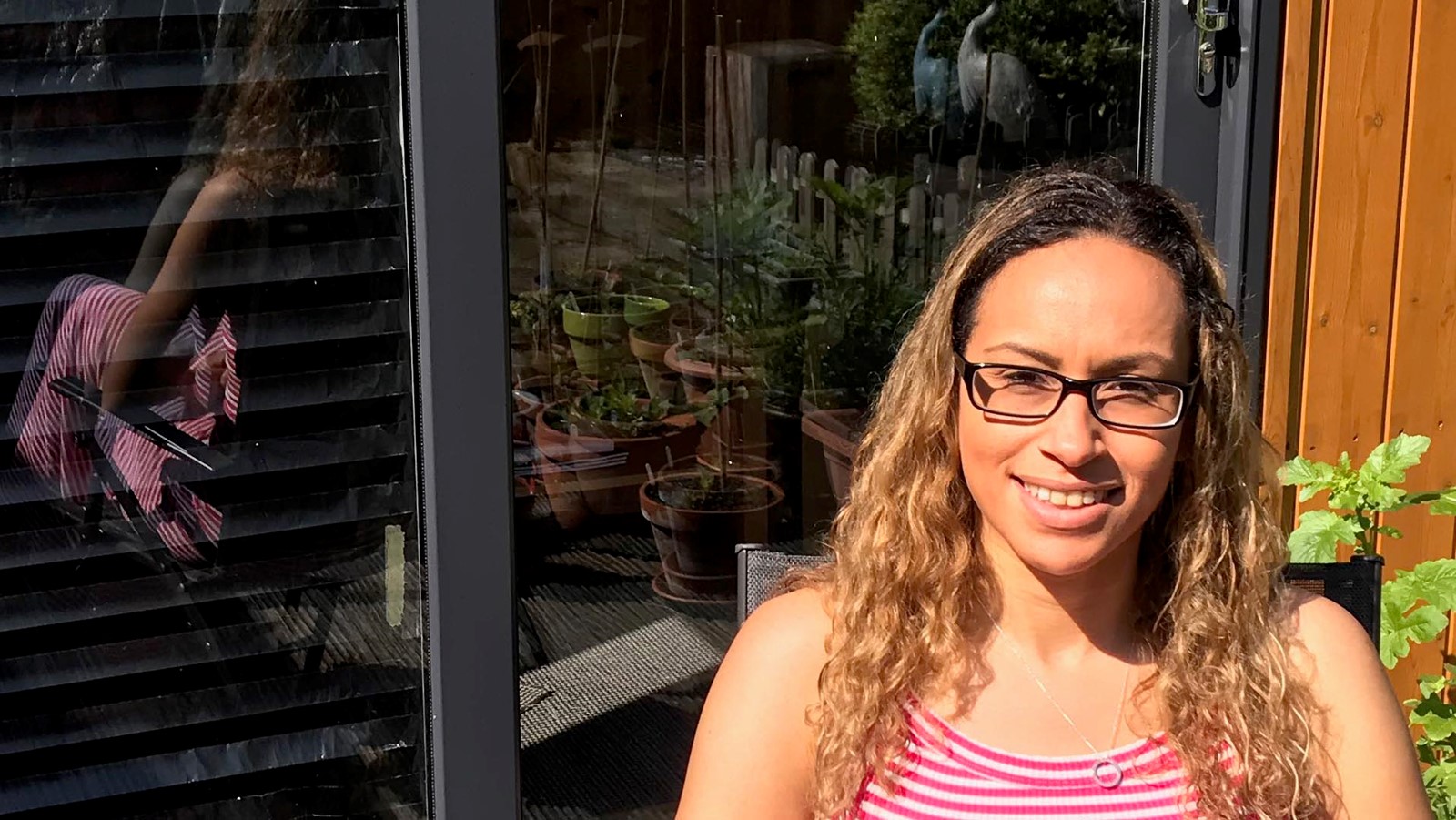A counselling service has secured funding from BBC Children in Need to offer free support to young people who are struggling with low self-esteem or a lack of confidence.
This Is Me Counselling and Psychotherapy has received a grant of £30,000 which will fund counselling for 90 young people aged between 10 and 18 over the next three years.
The counselling sessions will help the young people cope with the pressures of modern life, including from social media, exam stress and due to worries about their body image.
BACP member Natasha Page, director and lead counsellor of the service, which is based near Nottingham, said: “I know counselling can make a difference to the lives of young people who are struggling with their confidence. It’s really exciting to get this funding to be able to offer it for free to young people. It’s so positive for our local community.
“Over the past year I have worked with a number of young people struggling with issues related to self-esteem and confidence. However not all parents can afford to fund private counselling sessions, so it is so valuable to be able to offer this for free.
So many pressures on young people
“There are so many different pressures on young people nowadays. These can all really impact on self-esteem and confidence. A lot of young people feel they don’t fit in and this can be connected to social media. They’re at the stage of development when they are questioning their identity. They feel a lot of pressures, whether that’s through school, or related to how they look, or again through social media. Issues such as knife crime, drugs, and even terrorism, can really affect young people’s mental health and well-being too.”
The sessions will give the young people a space where they can talk openly, honestly and confidentially about their worries and problems.

BBC Children in Need's Pudsey Bear
Natasha’s focus will be on providing the young people with coping strategies to help them deal with the issues that are affecting their confidence.
“There are a variety of techniques I can use, and I’ll tailor these to the needs of the individual.
“I help young people to make links with how they think about themselves in relation to how they then feel about themselves. I also help them identify their triggers; for example, this may be by keeping a mood diary for example. I also encourage them to think about healthier ways to manage strong emotions, they are given space to explore more positive ways of viewing themselves and I also encourage better self-care.
“I hope these techniques are something that the young people will be able to draw on whenever they need them in the future as well,” she said.
Opportunity to talk and learn how to cope
The one-to-one sessions will be aimed at young people who do not meet the threshold to receive support from the NHS’s Children and Adolescent Mental Health Services (CAMHS).
“Just because young people don’t meet the threshold for support from the NHS doesn’t mean that they’re not in distress and won’t go on to develop mental health difficulties later in life. This is about intervening early and giving the young people an opportunity to talk and learn how to cope. I hope it will help them avoid problems in the future.”
The three-year grant will support up to 90 young people over the next three years, with each young person receiving up to six counselling sessions.
Young people can be referred by their parents, school or GP – or can refer themselves.
If you want to speak to a counsellor or psychotherapist visit our Therapist directory.
